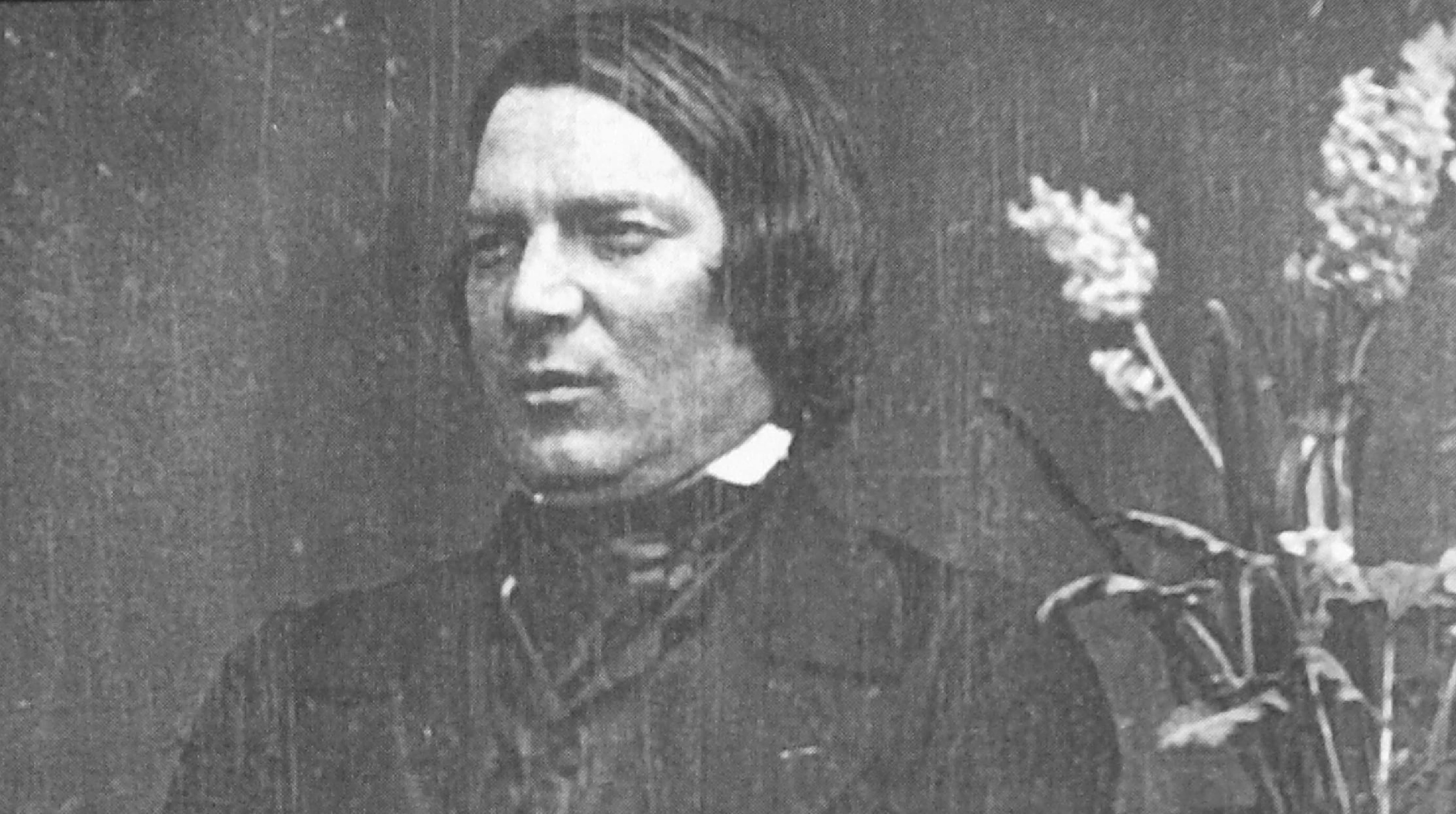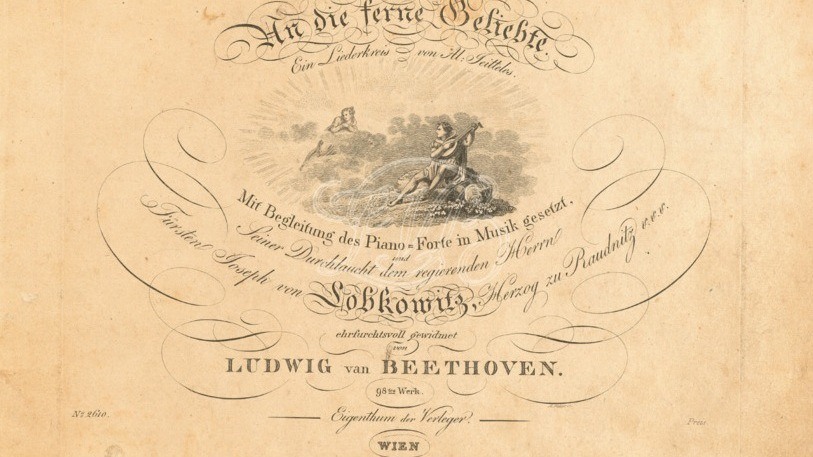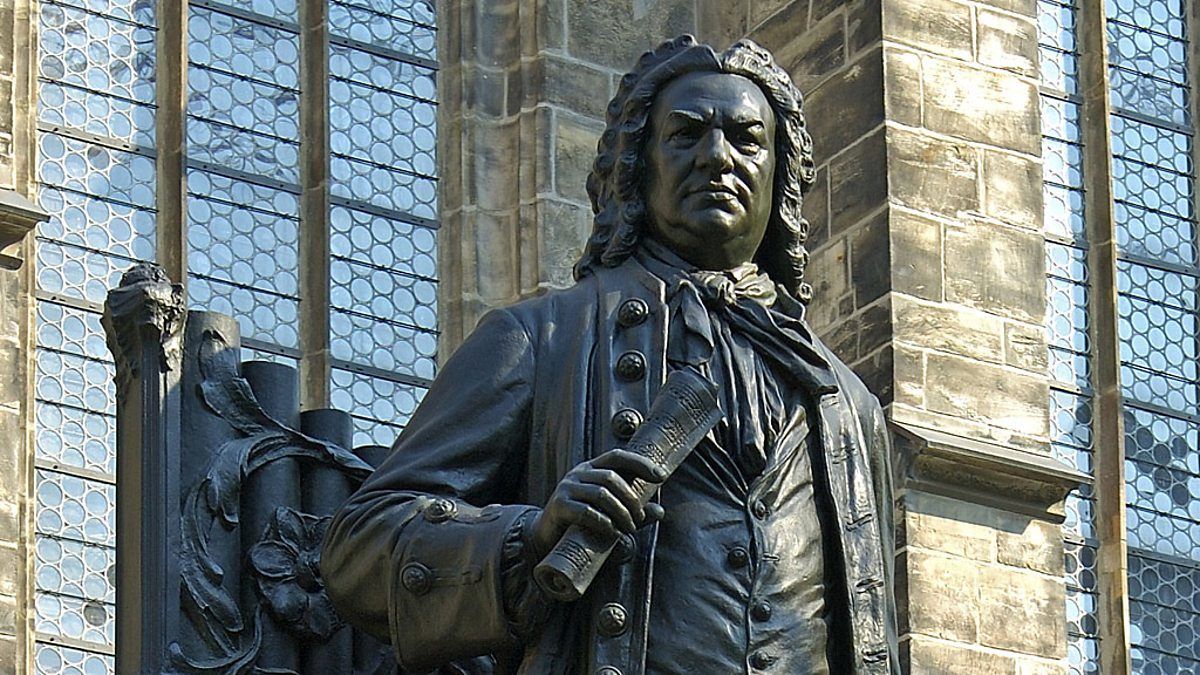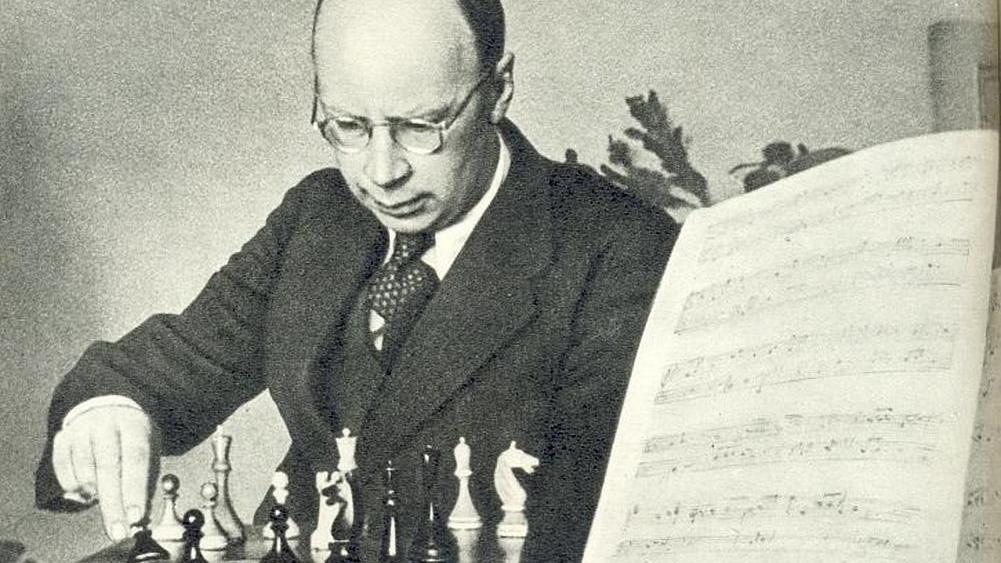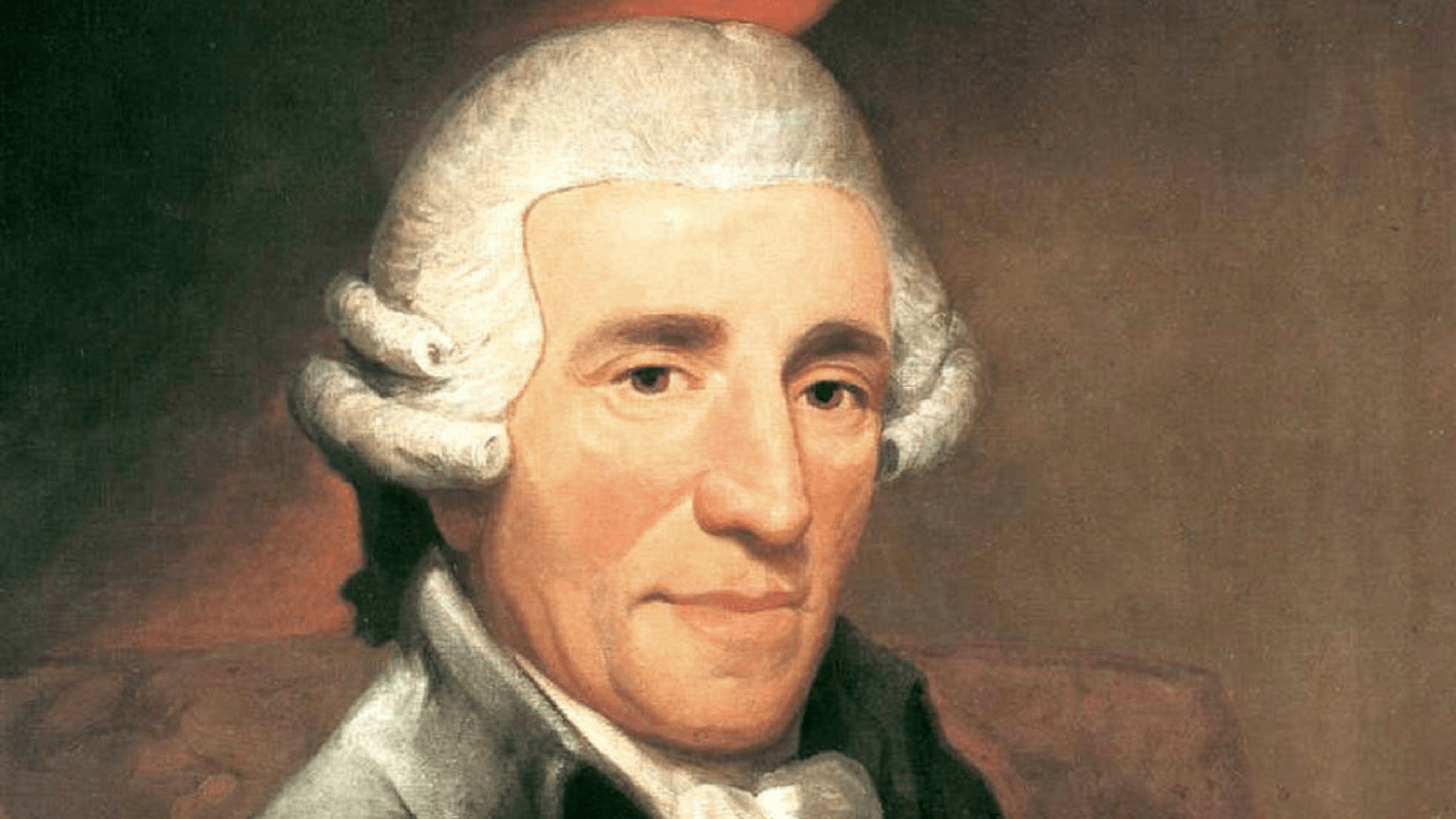Remembering André Previn
André Previn passed away last Thursday at his home in Manhattan. He was 89. Previn will be remembered as one of the great Renaissance men of twentieth century music. As a jazz pianist, he accompanied singers such as Ella Fitzgerald and Doris Day and put his stamp on the “great American songbook.” As a composer, he contributed film scores, Broadway musicals, operas, orchestral music, chamber music, and songs. As a conductor, he …


